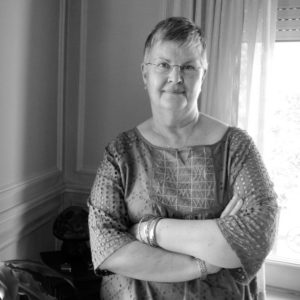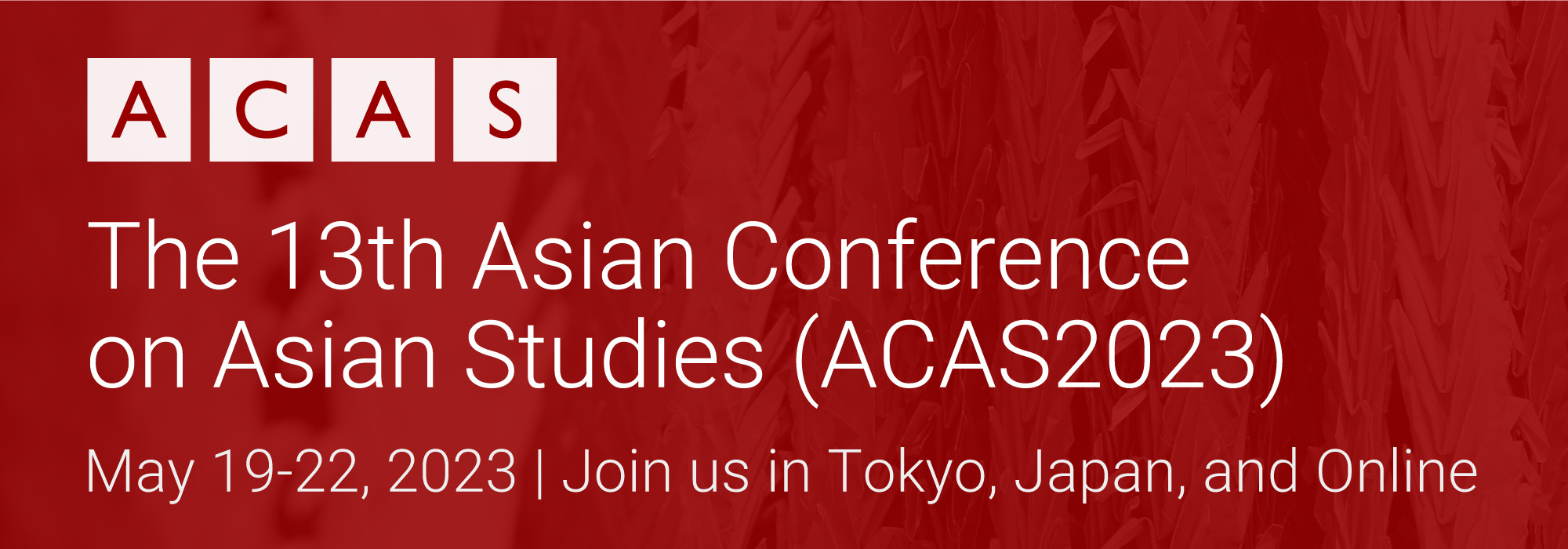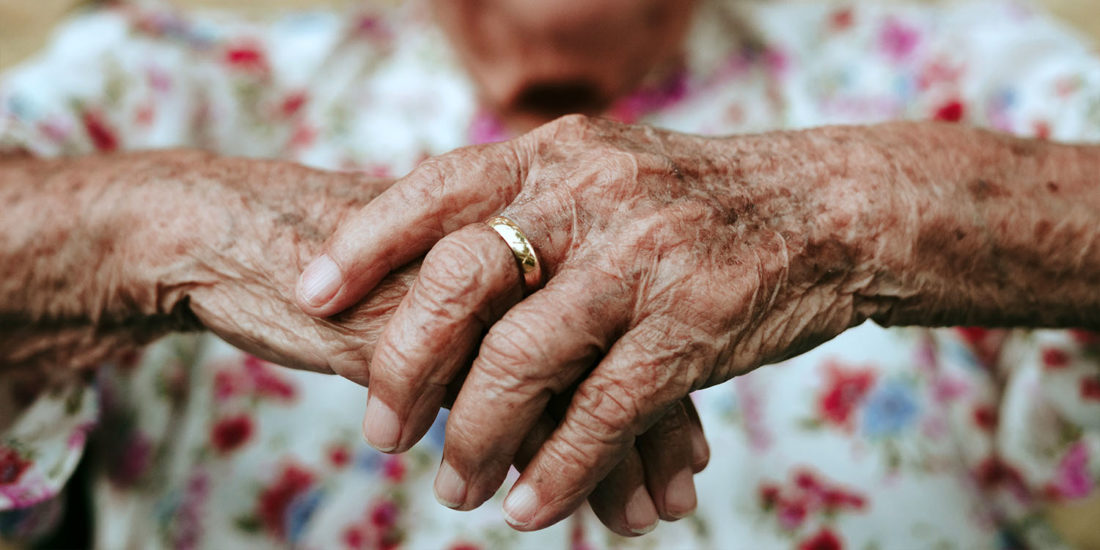“From “Normal” to the “New Normal” through to the “Abnormal”: Where Do We Place the Elderly on This Scale?” by Sue Ballyn of the University of Barcelona, Spain, has been announced as a Keynote Presentation at The 13th Asian Conference on Asian Studies (ACAS2023) and The 13th Asian Conference on Cultural Studies (ACCS2023).
To participate in ACAS/ACCS2023 as an audience member, please register for the conference.
This plenary will also be available for IAFOR Members to view online. To find out more, please visit the IAFOR Membership page.
Abstract
From “Normal” to the “New Normal” through to the “Abnormal”: Where Do We Place the Elderly on This Scale?
What exactly is the “New Normal”? While it is a post-pandemic term that has come into use across the world, do we really understand it? What is clear is that it means many different things depending on individuals and communities, and possibly no consensus as to its exact meaning can be reached.
My opinion is that the "New Normal" represents a shift away from pre-pandemic norms and towards a future that may look and feel different in many ways. As a term, it is porous and may be assigned a meaning by individuals, institutions etc. or, more dangerously, politicians and governments.
With regard to the elderly, the “new normal” is a term which lies embedded in government policy resulting in a collision between care for the elderly and the limits of budgets assigned to it, thus possibly, or indeed provenly, resulting in discrimination with regards to what kind of treatment may or may not be awarded to an elderly person within the public health system.
As a member of the elderly community, I want to look at some of the “abnormal” things that have been going on before, during and after Covid19. The pandemic has worsened the situation of the elderly and has enabled a much wider generational rift. It is not a case of ageism alone but a much more subtly brutal affair which begins with our governments and trickles down to today’s youth.
Speaker Biography
Sue Ballyn
University of Barcelona, Spain
 Dr Sue Ballyn is the Founder and Honorary Director of the Centre for Australian and Transnational Studies Centre at the University of Barcelona from where she graduated with a BA in 1982. Her MA thesis on the writings of Sylvia Plath and Ted Hughes won the Faculty prize in 1983. In 1986 she won the Faculty prize again, this time for her PhD thesis on Australian Poetry, the first PhD on Australian Literature in Spain.
Dr Sue Ballyn is the Founder and Honorary Director of the Centre for Australian and Transnational Studies Centre at the University of Barcelona from where she graduated with a BA in 1982. Her MA thesis on the writings of Sylvia Plath and Ted Hughes won the Faculty prize in 1983. In 1986 she won the Faculty prize again, this time for her PhD thesis on Australian Poetry, the first PhD on Australian Literature in Spain.
She joined the English and German Philology Department upon graduation in 1982 and has remained at the university ever since. In 1990 she founded the Australian Studies Program which was recognised as an official University of Barcelona Observatory - Studies Centre in 2000, known as CEA, Observatorio Centre d’Estudis Australians. It is the only Australian Studies Centre in Spain and one of the most active in Europe.
Over the last twenty-five years, Sue Ballyn’s research has been focused on foreign convicts transported to Australia, in particular Spanish, Portuguese, Hispanics and Sephardim, and she works closely with the Female Convicts Research Centre, Tasmania. She has published and lectured widely in the area, very often in collaboration with Professor Lucy Frost, including a book on Adelaide de la Thoreza, a Spanish convict, which was published in 2018.
More recently she has become involved in a project on ageing in literature DEDAL-LIT at Lleida University which in turn formed part of a European project on ageing: SIforAge. As part of this project she is working on Human Rights and the Elderly, an area she started to research in 1992. In 2020 a book of interviews with elderly women, with the working title Stories of Experience, will be published as a result of this project. These oral stories are drawn from field work she has carried out in Barcelona.
She was recently involved in a ministry funded Project, run out of the Australian Studies Centre and headed by Dr Bill Phillips, on Postcolonial Crime Fiction (POCRIF). This last project has inevitably intertwined itself with her work on convicts and Australia. Her present work focuses on Sephardi Jews in the Asian diaspora, and the construction of ageing.

